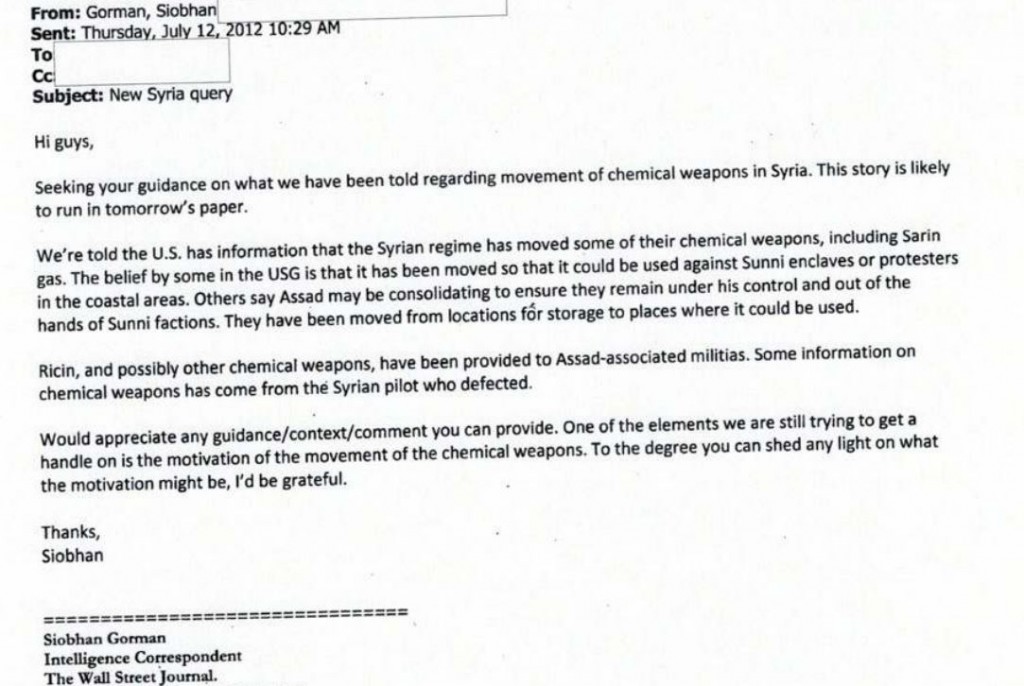Emergency Fundraising Succeeds: World Food Programme Restarts Suspended Aid for Syrian Refugees
A week ago today, I pointed out the moral depravity of a situation in which the US never hesitates to find funding to increase air strikes and the flow of weapons into Syria and other fronts in the battle against ISIS while the UN World Food Programme was forced to suspend emergency food aid to 1.7 million Syrian refugees due to a funding shortfall. There is a rare bit of good news on that front, as the WFP announced today that the emergency appeal for funds has made up for the shortfall and food aid is restarting. In fact, more than $80 million has been raised, so some funding will carry over into January.
It appears that private donations made up only a small part of this influx of funds:
Among individuals contributing online through wfp.org, the third largest number by nationality were Syrians, after Americans (first) and Canadians (second). The online campaign featured Aloe Blacc’s song “I Need A Dollar” as the soundtrack for the #ADollarALifeline video which launched on social media channels. Almost 14,000 individuals and private sector donors in 158 countries contributed US$1.8 million dollars.
It is indeed heartwarming to see so many individuals step up to do what they can. However, considering how many US amoral contractors are making outrageous amounts of money shipping weapons into the region, I find it repulsive they didn’t make up the funding shortfall entirely on their own. Just their lobbying funds alone could have taken that hit without affecting their other funds. We have not yet gotten the list of countries that stepped up for the bulk of the emergency funds nor how much each gave, but we can only hope that the countries doing the most meddling in the region are also providing the most funding for the residents they have displaced.
Sadly, this stopgap funding is merely the beginning. The New York Times reports this morning that the UN’s budget request for 2015 for all humanitarian assistance will go up 27% over the amount needed in 2014:
The appeal, a barometer of the global impact of wars and disasters, calls for 27 percent more funding in 2015 than the amount requested a year ago for 2014 and is intended to aid more than 57 million people in 22 countries.
The number of people affected by conflict “has reached record levels” for the post-World War II era, Valerie Amos, the United Nations emergency aid chief, told a news conference in Geneva. She said that aid agencies had assessed that 78 million people were in need of assistance, but the appeal targeted only the most vulnerable.
Nearly three-quarters of the funds were designated for just four crises: in Syria, Iraq, South Sudan and the protracted but little-reported conflict in Sudan. Other priorities included the Central African Republic, Somalia, the Democratic Republic of Congo and Yemen.
The number of people displaced by conflict reached the highest level since World War II at the end of 2013 but is still rising “exponentially,” António Guterres, the United Nations refugee chief, told the news conference, climbing to 32,000 a day last year from 14,000 a day in 2011. In 2014, he said, the figure would certainly have increased further.
Given the US role in those countries leading the way in terms of number of refugees, it is fitting that a large portion of the costs of caring for the refugees should fall to us as well. And of course, those first two are problem areas very much because of our meddling. We broke Iraq and have continued to feed its dysfunction ever since. We helped start the unrest in Syria, too. In fact, as the torture report drops today, don’t forget that we relied on Bashar al-Assad as an “ally” for outsourcing of torture early in that program, so getting rid of him is needed to help hide what we did.
However, I still long for the day when the US response to a crisis gets out of the “which group do we fund” approach and instead looks to “how can we help the people” as the approach that will work. As we see from the record numbers of displaced people, our approach now spreads hunger and death. What would happen if instead of sending in weapons, we sent in food, housing construction materials and medical assistance? What if we even actively excluded weapons from these areas?
Of course, that has little chance of happening in our lifetimes. In the meantime, your donations for assistance to Syrian refugees can be made here and the WFP provides updates here.




